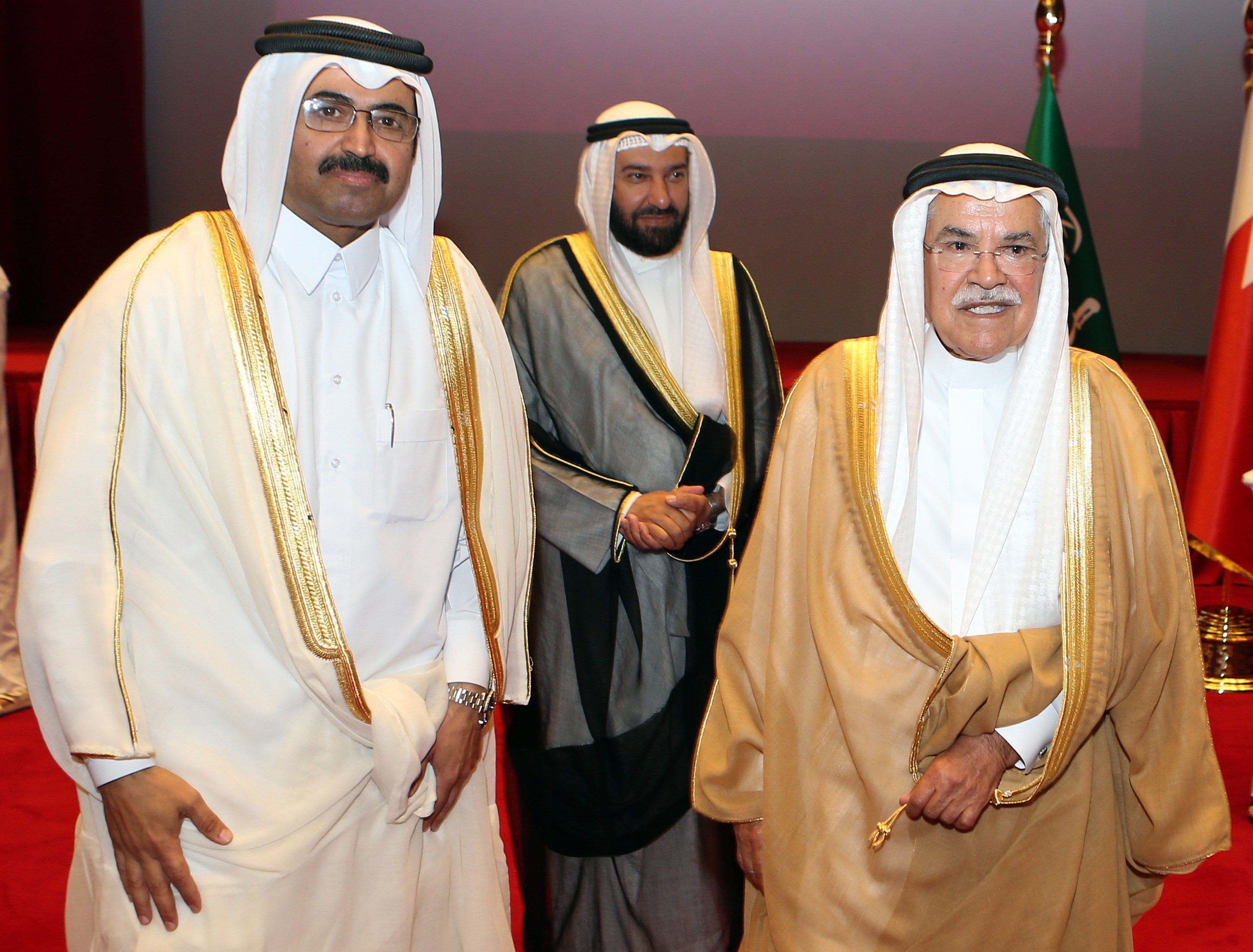Saudi Arabia considers surprise deal to mend OPEC divisions
No indication OPEC is seeking to change current production

Your support helps us to tell the story
From reproductive rights to climate change to Big Tech, The Independent is on the ground when the story is developing. Whether it's investigating the financials of Elon Musk's pro-Trump PAC or producing our latest documentary, 'The A Word', which shines a light on the American women fighting for reproductive rights, we know how important it is to parse out the facts from the messaging.
At such a critical moment in US history, we need reporters on the ground. Your donation allows us to keep sending journalists to speak to both sides of the story.
The Independent is trusted by Americans across the entire political spectrum. And unlike many other quality news outlets, we choose not to lock Americans out of our reporting and analysis with paywalls. We believe quality journalism should be available to everyone, paid for by those who can afford it.
Your support makes all the difference.Saudi Arabia is ready to consider a surprise deal with fellow OPEC members, attempting to mend divisions that had grown so wide many dubbed the group as good as dead.
As ministers prepared to meet in Vienna on Thursday, the organization’s largest oil exporter was discussing ideas including restoring a production target scrapped in December, according to delegates familiar with the situation, asking not to be named because the talks are private.
Still, no formal proposal has yet been made and Iran’s minister said a new output ceiling wasn’t an attractive plan.
Although the Organization of Petroleum Exporting Countries regularly ignores its own output targets and there was no suggestion anyone would cut production, even token gestures could show a renewed unity and lift prices. Options under discussion included a new ceiling of 32 million barrels a day, said Amrita Sen, chief oil analyst at consultant Energy Aspects. That’s close to the 32.4 million barrels a day the group estimated it produced in April.
“Contrary to market speculation, Saudi Arabia is open to cooperation,” Sen said in a report.
Iran’s Stance
Any deal will depend on Iran, which until now has rejected any cap on its production. Saudi Arabia and its allies, including the United Arab Emirates, have said in the past that Iran needs to participate in any deal. An April meeting in Qatar of oil producers from OPEC and beyond ended in a failure because Iran refused to sign up.
Arriving in Vienna, Iranian Oil Minister Bijan Namdar Zanganeh said he wants individual quotas for members rather than an overall production ceiling. The country’s priority is having room to restore production after the end of economic sanctions earlier this year.
Despite the obstacles to a deal, Riyadh’s change of tone is striking and may reflect the desire of Khalid Al-Falih, who last month became Saudi Arabia’s first new oil minister in more than 20 years, to start his tenure with a successful meeting.
Still Relevant
Introducing a ceiling would show that “OPEC is still important to the oil market,” Gary Ross, chairman of PIRA Energy, a New York-based oil consultant, said. It would signal that “despite political differences, they can work together to achieve similar economic interests — this is certainly a more positive outcome than the market expected,” he said.
A deal would be a shock. Last month, only one of 27 analysts surveyed by Bloomberg said they expected an output target from OPEC’s meeting.
The conciliatory message is an attempt to end a dark period for OPEC in which some analysts declared the organization effectively dead.
In 2014, Saudi Arabia and its Gulf Arab allies decided to ditch production constraints in favor of a market-share strategy and prices crashed, bringing financial pain to many members and causing several rancorous meetings.
This week’s diplomatic maneuvering coincides with an oil price recovery from 12-year lows earlier this year. Crude benchmarks are hovering near their highest in more than six months after briefly beaching $50 a barrel. Oil traded near $49 a barrel in New York on Wednesday.
“From the beginning of the year until now, the market has been correcting itself upward,” UAE. Oil Minister Suhail Al Mazrouei told reporters in the Austrian capital on Tuesday.
“The market will fix itself to a price that is fair to the consumers and to the producers.”
© 2016 Bloomberg L.P
Join our commenting forum
Join thought-provoking conversations, follow other Independent readers and see their replies
Comments